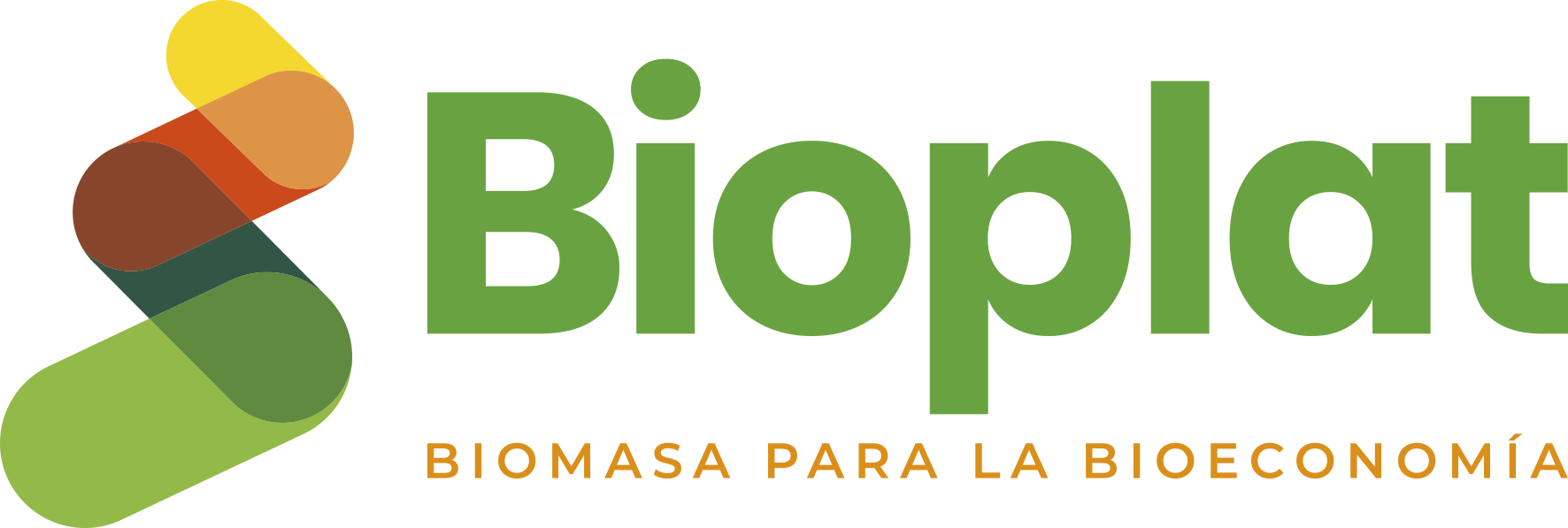27 Jun 2024
EERA Bioenergy presents strategic report on research and innovation gaps in bioenergy, biogas and biofuels in the EU
In the framework of the 32nd edition of the European Biomass Congress (EUBCE), EERA Bioenergy (European Alliance for Research Excellence in Sustainable Bioenergy | European Energy Research Alliance Bioenergy) has presented on Tuesday 25th June the strategic document ‘Bioenergy, biogas and biofuels: Research and innovation gaps in the European Union’. BIOPLAT, which has held the technical secretariat of EERA Bioenergy since 2016, has contributed to the preparation of the document and participated in the presentation event with the intervention of its secretary general, Margarita de Gregorio.
This report has been prepared by EERA Bioenergy in the first half of 2024 with the dual objective of, on the one hand, updating EERA Bioenergy’s Strategic Research and Innovation Agenda published in spring 2019 and, on the other hand, responding from a scientific-technical perspective to the increase in climate, industrial and energy sovereignty ambition motivated after the pandemic and the invasion of Ukraine, highlighting the valuable capabilities of the European biocircularity sector to contribute to the ambitious objectives set in numerous European policies such as the EU Green Deal, Fit for 55, REPowerEU, REFuel Aviation, Biomethane Action Plan, Decarbonised gas markets package, Net Zero Industry Act, Bioeconomy Strategy and the new PAC.
Margarita de Gregorio, technical secretary of EERA Bioenergy and general secretary of BIOPLAT, highlighted the importance of this publication to accelerate R&D&I in bioenergy, biogas, biofuels and bioproducts in the European Union and stated that “biocircularity solutions are -without any doubt- the most direct applications currently existing for the ecological transition in which we are immersed, because fossil gases can be directly replaced by biogases, fossil fuels by biofuels, and the same goes for other petroleum-derived products such as materials and chemicals, since these fossil molecules can also be replaced by (renewable) biomolecules”. De Gregorio said that all this “will allow our societies to lead the economic and social development of the regions, with a positive impact on the environment through the transition from a linear economic model based on fossil resources to a circular model based on renewable resources”.
